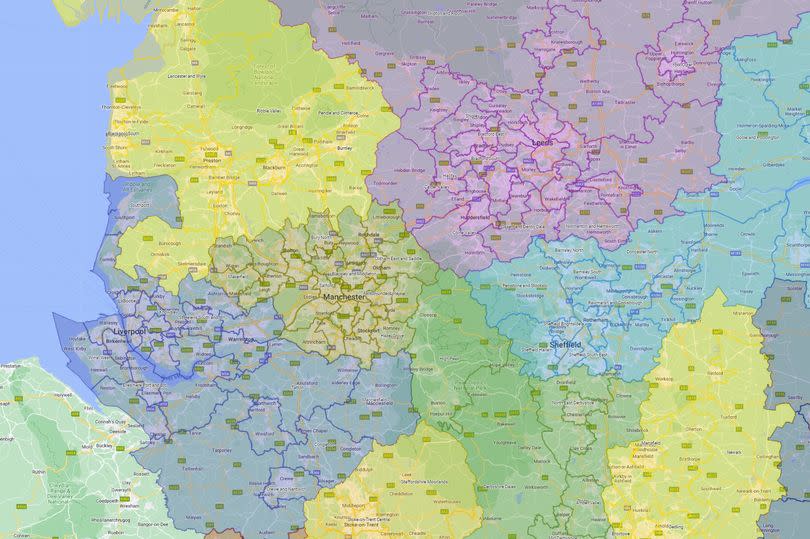Why your constituency may have changed name since the last general election

If you are heading to the ballot box to cast your vote in the general election you may notice a major change in your constituency this time around.
Ahead of the 2024 general election, the UK's political map was redrawn with a number of new constituencies created, boundaries changed, and 211 out of 650 seats renamed.
The changes were brought in following a review by the four boundary commissions for England, Wales, Scotland and Northern Ireland. They review the areas that each constituency covers every eight years.
READ MORE: The full list of MPs standing down at the general election 2024
This is done to ensure that the split between constituencies is fair - as all constituencies, whether they have 20,000 voters or 100,000 voters, still get the same representation in the Commons. If such a split existed it could then be possible to argue that someone living in the smaller constituency has a vote which is five times more important than that of someone living in the larger constituency.
The process has taken several years and, after a series of revisions, was finally approved last November.
The boundary changes now mean that each constituency must have between 69,724 and 77,062 voters. The review has also seen the creation of 10 more constituencies in England, two less in Scotland and eight fewer in Wales.
And out of the previous 533 constituencies in England, only 55 have not seen any changes to their boundaries. In Greater Manchester only eight constituencies, where 27 seats are up for grabs in total, remain unaltered.
The changes mean that millions of people taking part in this year's general election will be doing so in a constituency that is different to the one they voted in five years ago. The shock summer general election was called by Rishi Sunak on May 22, with elections taking place in all 650 seats across the UK.
Polls will close at 10pm on Thursday, July 4, with counts taking place overnight. Results from across the UK are expected in the early hours of Friday morning.

 Yahoo News
Yahoo News 
